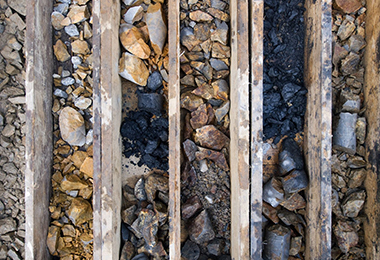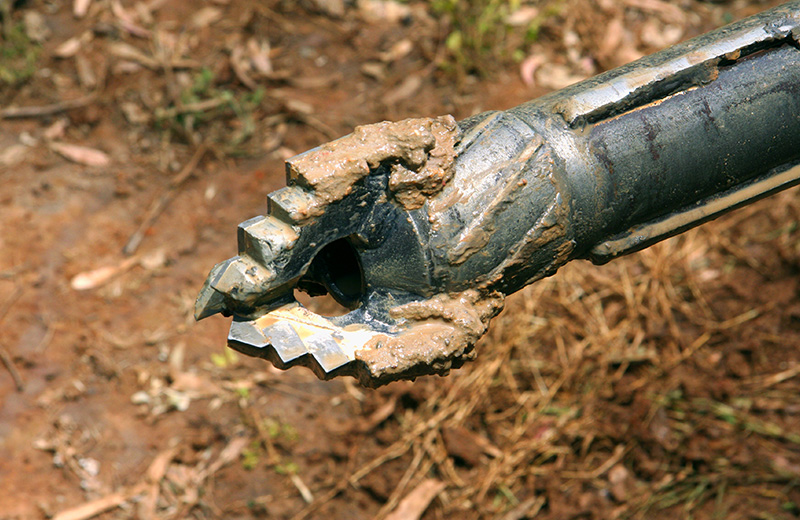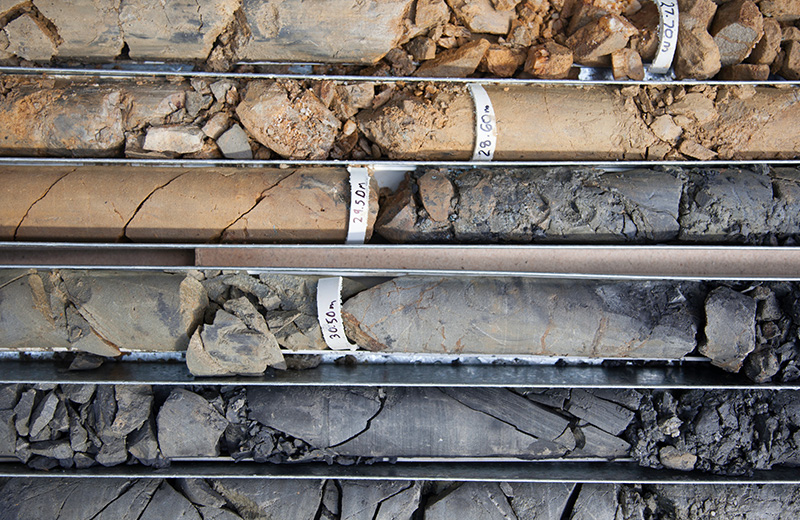
Geotechnical Engineering
Geotechnical engineering has evolved into a highly-specialized engineering practice as technology has advanced and analytical methods have improved. A thorough understanding of subsurface soil, rock, and ground-water conditions can be essential to the development of a successful project.
2MNext’s Geotechnical Engineering Group is comprised of several highly educated, diversely trained, and experienced individuals providing services in the following areas:
- site investigations and feasibility studies
- shallow foundations
- rock mechanics and rock blasting
- transportation and roadway projects
- soil and site improvement
- in-situ testing
- geosynthetics design/installation monitoring
- geophysical site evaluations
- earthwork and materials specifications
- dynamically-loaded vibratory foundations
- landfill investigation
- vibration monitoring and damage evaluation
- ground-water modeling
- site characterization
- deep foundations
- dredging
- bridges and scour analyses
- geotechnical instrumentation
- piezocone evaluations
- soil-structure interaction
- sinkhole evaluations
- foundation installation inspections
- borrow material studies
- settlement
- mine subsidence
- pavement management systems
- dynamic testing of deep foundations (PDA, CAPWAP, PIT)
- foundation alternatives and value engineering
- embankments, slope stability, and earth retaining structures
- pond liner design and installation monitoring
- stormwater management facilities and mounding analyses
- effluent disposal or mounding studies



Geotechnical engineering services are generally performed in 3 inter-related phases.
FIELD EXPLORATION PROGRAM
The field exploration program is planned and carefully executed to provide information abundantly and quickly. The primary goals of this program are to provide accurate and factual data for an evaluation of subsurface soil, rock, and ground-water conditions. Various field tests include:
- Std Penetration Test (SPT) borings
- rock coring (2-in. & 4-in.)
- surface water barge-mounted borings
- bulk disturbed sampling
- auger borings and hollow-stem auger borings
- piezocone penetration test (PCPT) soundings
- undisturbed sampling
- monitoring wells and environmental sampling
LABORATORY TESTING PROGRAM
Soil and rock specimens collected during the field exploration program are sealed and delivered to ASC’s laboratories for testing and a determination of physical, mechanical, and engineering properties. Typical tests include:
- index/mechanical properties for classification (moisture content, particle size distribution, Atterberg limits, unit weight, specific gravity)
- hydraulic conductivity or permeability
- organic content
- compressibility
- stress-strain characteristics
- corrosion potential
- bearing ratio (LBR, CBR, FBV)
- strength tests
ENGINEERING ANALYSES AND EVALUATIONS
Engineering analyses and evaluation are performed based on several factors, including existing subsurface soil, rock, and ground-water conditions, proposed construction or development information, and structural conditions. These evaluations are founded on experience and sound engineering judgment. ASC’s Geotechnical Engineering Group utilizes state-of-the-art software and numerical-analytical tools to solve a variety of engineering problems ranging from capacities for deep foundations to slope stability to settlement estimates. Software tools include:
- LPILE
- UNIPILE
- SET-SAND
- SHEETPIL
- FBDEEP
- PCSTABL6
- CBEAR
- CONCRTWL
- SHAFT
- COM624
- CONSOL
- FES
- SHAFTUF
- CAPWAP
- RETWALL
- MODRET
- AXYSYM
- GRLWEAP
- TENSWALL
- MODFLOW
- GEOSONICS
- STABLEPRO3N
- ELPA
These software tools are used only as a guide for developing engineering solutions. Additionally, geotechnical information is presented and customized using several computer aided drafting tools and pre-packaged software programs.
